Exploring the Essence of Parenthood in Indian Movies
It’s a pandemic and we are all forced to lock us up. We have so much time for ourselves and have no idea what to do with so much free time. How about rebuilding lost relations with your parents and get to know them better? May sound hard but the truth is, it is not. Here’s how I would like to look at it:
It was not exciting news for several teenagers when the pandemic forced them to spend more time with their parents. The ‘generation gap’ as we like to address the wall separating parents and teenagers often pulls down the beautiful relationship into a tedious and fraught one.
Silence and a forced smile become the only communication between the parents and the children. Things get pretty hard with time. We fail to acknowledge and appreciate the effort they took to support us and help us fulfill our dreams. Dr. Jug from Dear Zindagi (Directed by Gauri Shinde) said the right thing, ‘At times, we need to let our parents be. It’s okay if they make mistakes. It’s very normal.’ Sometimes we need to think of them as humans and not just parents bound with responsibilities. This makes things a bit simpler to comprehend. Expecting them to be perfect is a thought traveled too far.
There is a thought-provoking dialogue in the movie Angrezi Medium said by Irrfan’s character – It is ok that you go behind your dreams and learn to be independent after 18, but come back to your parents after that!
Until 18, we look after you, take care of you, and then you leave and never want to come back; how does this make any sense?
In our zest for independence and struggle to make a life of our own, we often forget to think about our parents’ happiness. We walk out of the door never wanting to return even though the truth is that the door is always open expecting our return.
To have parents who support your dreams regardless of financial issues is truly a silver lining. Rameshan (Nivin Pauly) from 1983(2014, Malayalam) was a representation of that selfless parent love. So were Aditi (Priyanka Chopra) and Niren Chaudhary (Farhan Akhtar) from The Sky is Pink. They didn’t have a dream of their own. All that they dreamt of and strived for was the fulfillment of their kid’s desires. They reserved a portion of their life just for that.
Chris Gardner from The Pursuit of Happyness was a homeless parent who never let his son suffer from the difficulties that he was facing. That’s exactly what every parent wants, that their children never have to suffer from the difficulties that they once faced or are facing.
Only when Sridevi in English Vinglish(2012) questions that ‘Am I a waste bin that you spit at me all bad things that come from your mouth’ do we wear their hat to understand how it feels when we pointlessly lash out at our parents. In spite of all their effort, we often fail to acknowledge and appreciate them for their sacrifices and struggles.
Is it wrong if they expect a fraction of obligation from us for their selfless service? It’s not. Maybe this quarantine we can take some time to talk to them, spend some time with them and be grateful for all that they have been to us!
Maybe this lockdown is a gift in disguise to rebuild and reinvent the lost ties with family.
Image Courtesy: YouTube

I can’t stop talking about films, so I blog!
I started The FourthWall, my film blog, to share my thoughts on films and shows with fellow movie buffs, and over the years it has become my happy place. Come join in for some interesting conversations on cinema… and sometimes books and fashion!

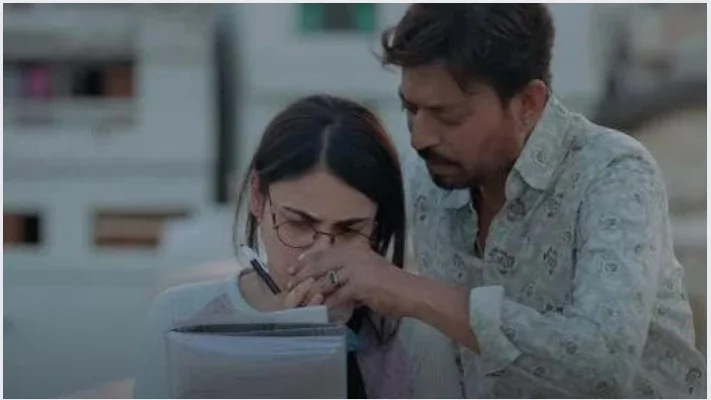
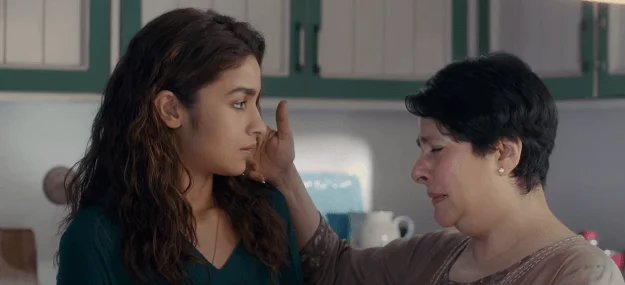
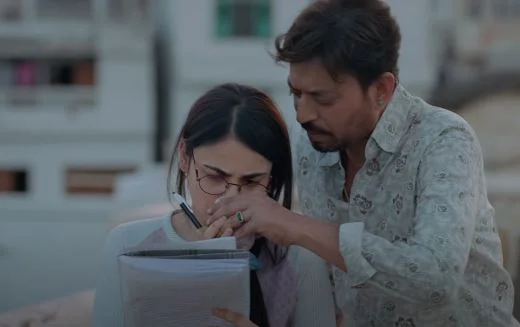




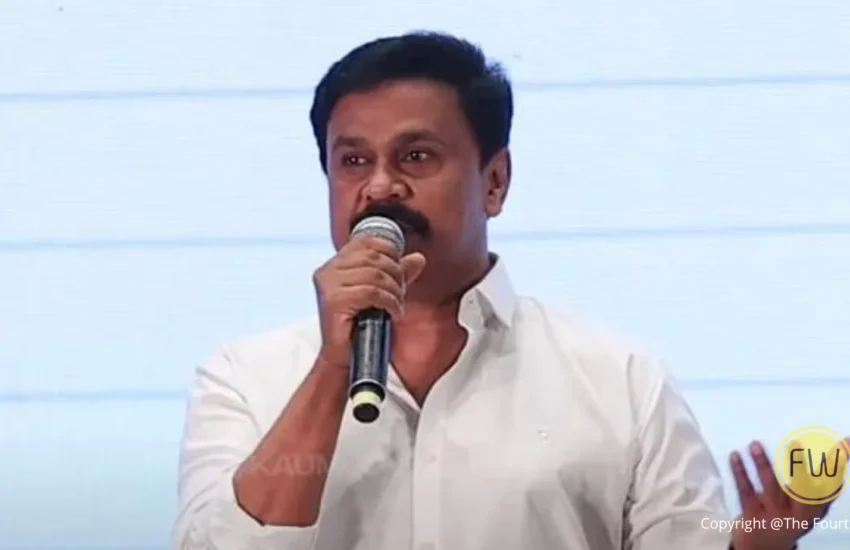
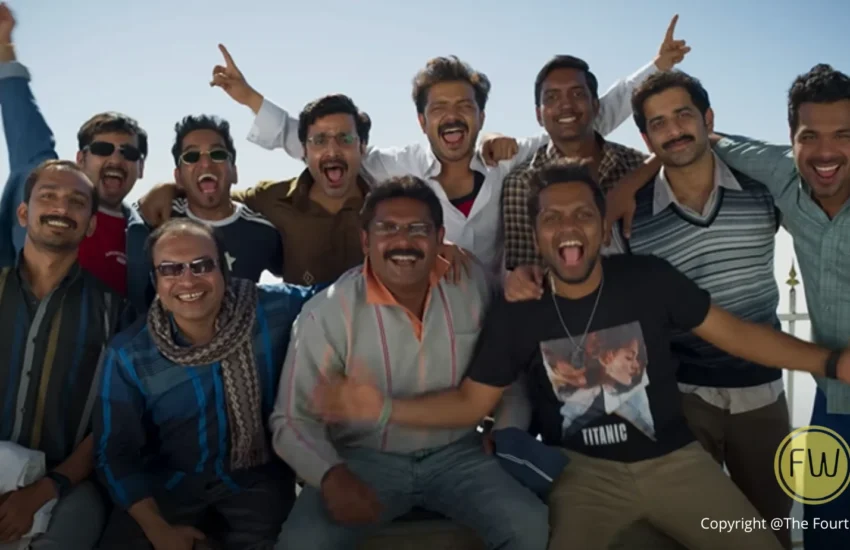

3 thoughts on “Exploring the Essence of Parenthood in Indian Movies”